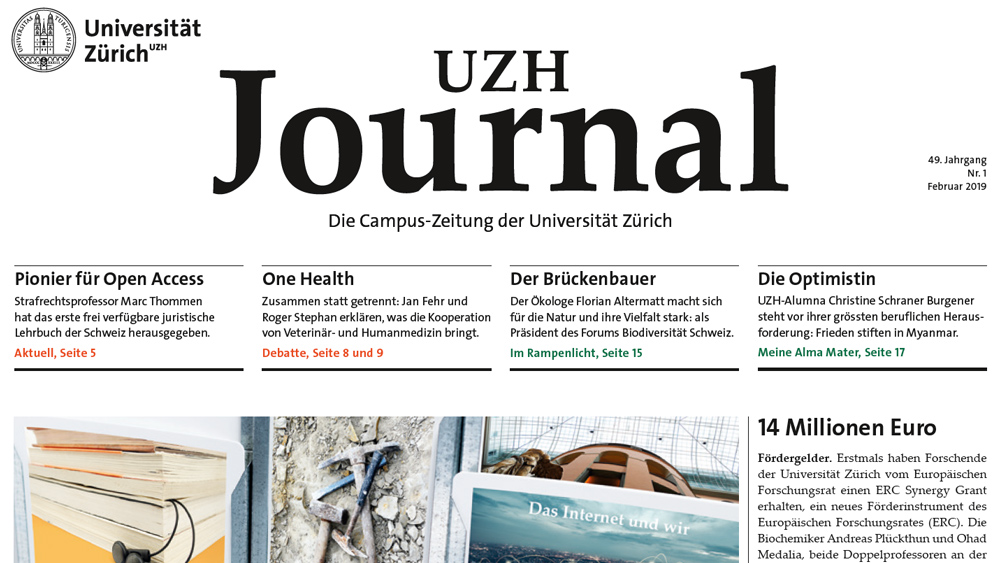Ready for the Future

As of next fall, students at the Faculty of Arts and Social Sciences will get to experience the revamped Bachelor’s and Master’s degree programs. The study programs as well as their structure have been given a full makeover. The structure of the programs is more consistent and logical than before, and allows students to choose between Bachelor’s and Master's programs that have a clearer profile.
Benefits to students include transparent and consistent structures, fair and clear assessment requirements as well as simplified rules for admission. The changes were developed as part of the Bologna 2020 reform project, which started in 2015. At the Bachelor’s level, the move from the previous system with three subjects to a new study structure featuring major and minor subjects (major subjects 120 – minor subjects 60) was introduced back in 2017.
The same changes will now come into effect for Master’s degree programs from the next Fall Semester onwards. The reform brings with it several new and innovative study programs at UZH’s largest faculty, each with a clear focus on research. This issue of the Journal introduces six of these new Master’s programs in addition to presenting the study reform.
Other topics covered in the latest Journal are:
Looking for the best solution
François Chapuis has been Director of Real Estate and Facility Management at UZH since December 2018. The former cantonal master builder of Aargau is tasked with developing the University’s real estate infrastructure. We asked him about his priorities.
Advocate of open access
Professor of criminal law Marc Thommen has embraced the possibilities of open access publishing: He joined forces with some of his colleagues to bring out Switzerland’s first-ever textbook about law that is available online for free. Thommen believes that research financed with public funds should also be freely accessible.
One Health
In this issue’s debate, physician Jan Fehr and veterinarian Roger Stephan explain why veterinary medicine and human medicine need to work together. It’s the only way to overcome the challenges presented by infectious diseases and other health problems that affect humans and animals.